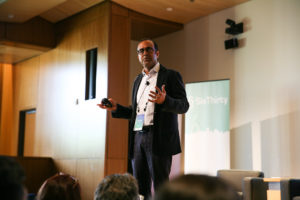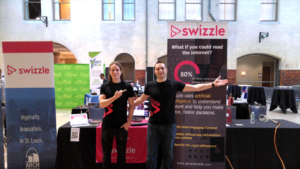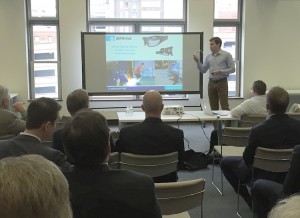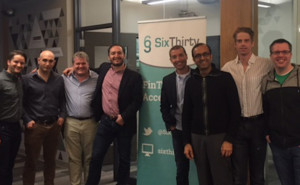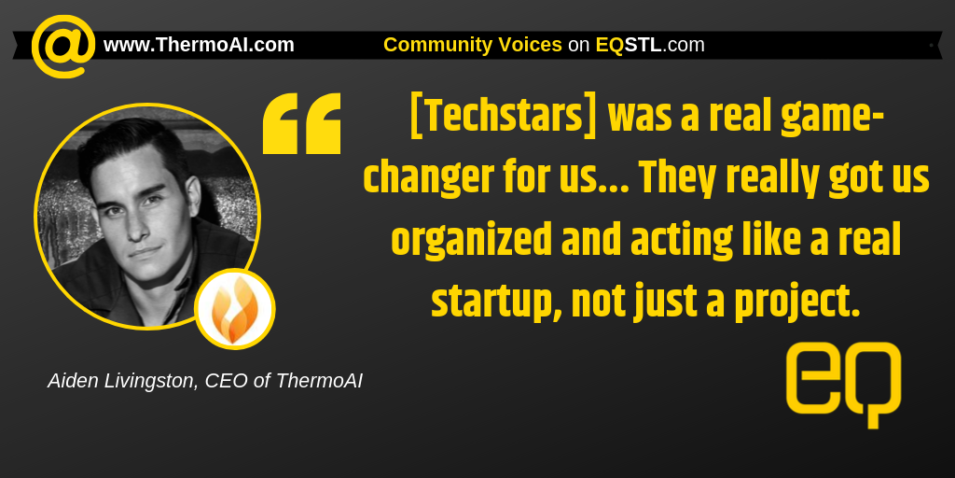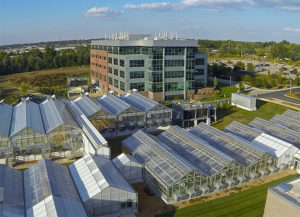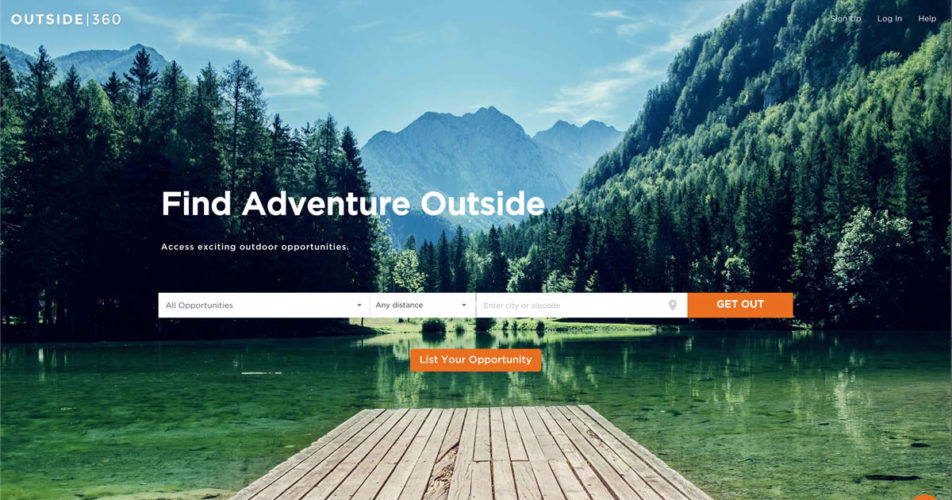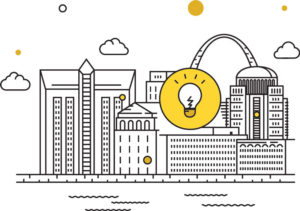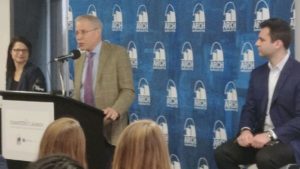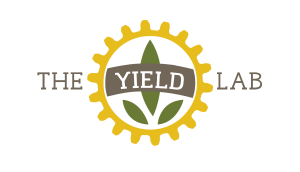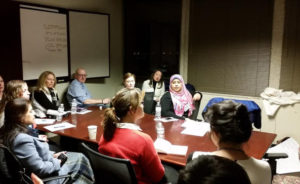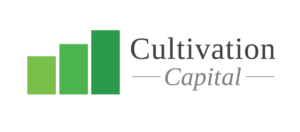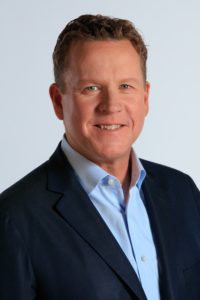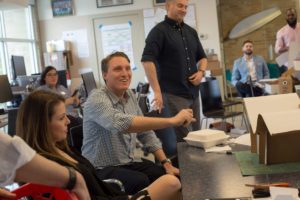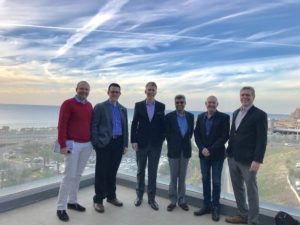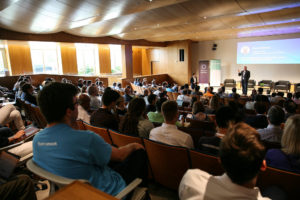
Presented by SixThirty
SixThirty’s International Influence: 5 Companies, 5 Countries, 1 Accelerator Class
What do an Argentinian, Israeli, Canadian, Guatemalan and Hoosier have in common? For one thing, they each head up a growing FinTech company. For another, they all came together to grow those companies this spring here in St. Louis.
SixThirty, St. Louis’ resident FinTech experts and business development accelerator welcomed its most diverse class yet this spring: S4 from Argentina, BondIT from Israel, Just Cash from Canada, Lending Front from Guatemala and CheddarGetter from Bloomington, Indiana. And the diversity wasn’t just a product of selection; of the 167 companies that applied this session, 38% were from outside of the United States.

The International Influence
“I think it’s both a function of the outreach but also a function of the fact that we are growing in notoriety,” says Atul Kamra, SixThirty’s managing partner.
“Our pipeline development is quite intentional. We scour the map when it comes to activity in FinTech through competitions, conferences, blogs, accelerators, or technology. It’s really just looking across the board.”
“Non-US companies also look at us because many have done the work and development in their local markets and adjacent markets, but most need a beachhead in the US. Given the breadth and depth of financial services in St. Louis, this could certainly be a great place to think about their US strategy and growth.”
The SixThirty accelerator offers $100,000 investment to each startup in its program in exchange for a negotiated percentage of equity. The companies also take part in a 14-week program focusing on hands-on training, mentoring and networking opportunities with leaders from top financial services companies.
Product Market Fit
Specifically, a significant value-add that SixThirty provides for non-US startups is guidance with product-market fit.
“We look to translate their expertise and problem-solving skills and adapt and adjust them to the US market conditions, buying behavior and problem-sets.” says Kamra.
So how did the international diversity make this class different from previous SixThirty cohorts?
“From a relationship and dynamic standpoint, they come with different wider perspectives on markets and approaches, so that’s very valuable in terms of what they can offer each other,” says Kamra. “When you’re dealing with a more global class, you’re then dealing with a much wider network. That’s helpful for us, but more importantly for the founders that work with each other.”
Kamra says the experience for each company is different. Some, like S4, have made the choice to relocate their startup to St. Louis.
Tomas Pena and his family are new residents of St. Louis, as well as recent Arch Grants winners. Pena has enjoyed the region so much, he’s even named his family dog after the Gateway city.
Other companies have multiple leaders rotating into St. Louis with overlap, so SixThirty ensures that those information handoffs and that company’s progress are appropriately managed. Others have a leader temporarily located in St. Louis for the entire 14-weeks, and still others flew or drove in for the programming utilizing local hotels and AirBNB.
Bonding over Baseball
Outside of the curriculum, the SixThirty team does its best to welcome and connect the startups to the region. Programming begins with an intimate dinner held at a partner’s home including the companies as well as SixThirty partners and local mentors and founders.
Throughout the 14 weeks, gatherings are held at eateries like Pi and the Boathouse. The group even made time to catch a Cardinals game.
“I was shocked as to how the non-US companies were really interested in the American sports scene, says Kamra. “So the Cardinals games, Blues games and then going for food, are how we have fun outside of work.”
For deeper city and community ties, SixThirty’s team pays attention to each individual startups and moves forward from there.
“You can’t presume what it is that might be attractive, you just have to know what’s out there and be able to guide them,” says Kamra. “Our awareness of the resources like The Mosaic project that are available in the region are very useful for someone coming to build and extend both their professional and personal connections.”
As far as the local effect on the international influx, Kamra sees it as a way to move the needle that much more for St. Louis.
“I think the first reaction is, hey, this is happening. It’s an a-ha moment,” he says. “Then there is also this notion of establishing the momentum. I think we just have to believe in ourselves, that it’s real, that we really do have significant assets and cultural attributes to what we do here in terms of noticing ideas and founders. That is an advantage both for the startups and for keeping this region more competitive and lively. It’s about momentum meeting belief.”

